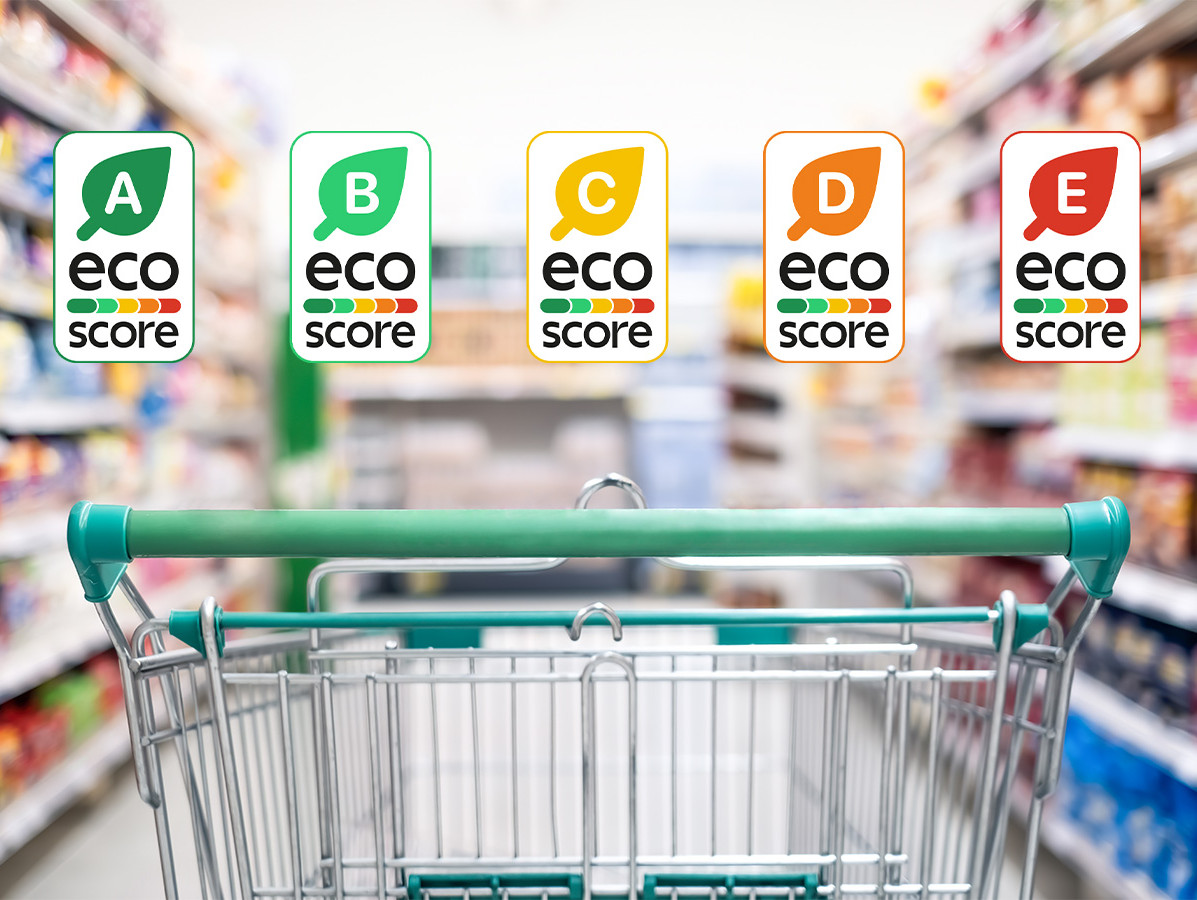
A new eco-label that gives all food products an environmental score turns out to be more than just a tool for consumers. It could in fact be the key to motivating companies to make more data available on the sustainability of their operations, says Koen Boone, MA, of Wageningen University & Research.
Various versions of such labels are already in circulation, and a growing number of supermarkets are experimenting with it. In the Netherlands, Lidl conducted a test by giving coffee and tea a score between A and E. In Belgium, supermarket chain Colruyt has provided 15,000 products with an eco-label, and the French government plans to introduce such a label for all food sold in France by the end of this year.
Researcher Koen Boone, Coordinator for Sustainable Chains at Wageningen Economic Research, is working towards what is known as a ‘harmonised’ label for all food products. A label based on European requirements with standardised measurements according to established indicators. Such a label can ensure that companies really take steps to become more sustainable.
Transparency is key for sustainability. For consumers, the new eco-label will appear as an ‘environmental score’ on products, but that is not its most important function. The label motivates companies to become more transparent about how sustainable their food products are. Consumers will be able to compare products based on sustainability. This makes it interesting for companies.
The new eco-label will be linked to European requirements and agreements. This ensures the ease of comparison that is so crucial for competition. Data play an important role for further innovation. Companies, consumers and governments can work on sustainable solutions based on the available data.
In 2024 the European Commission will make harmonised reporting mandatory for companies. This is attracting a lot of attention. The eco-label is also under discussion at an international level.
Source: Wageningen University & Research